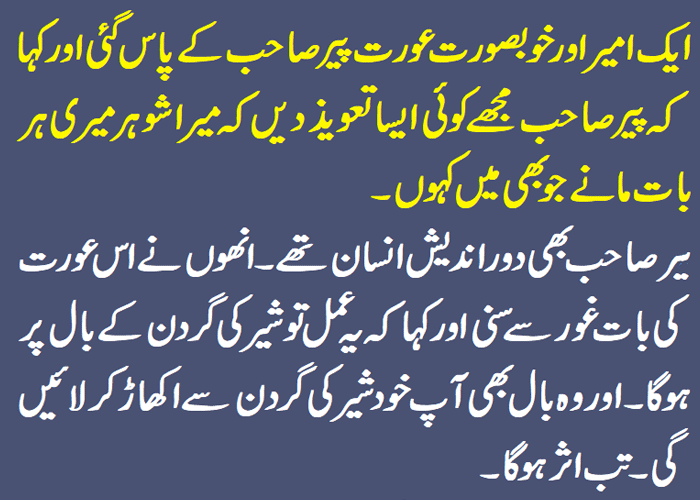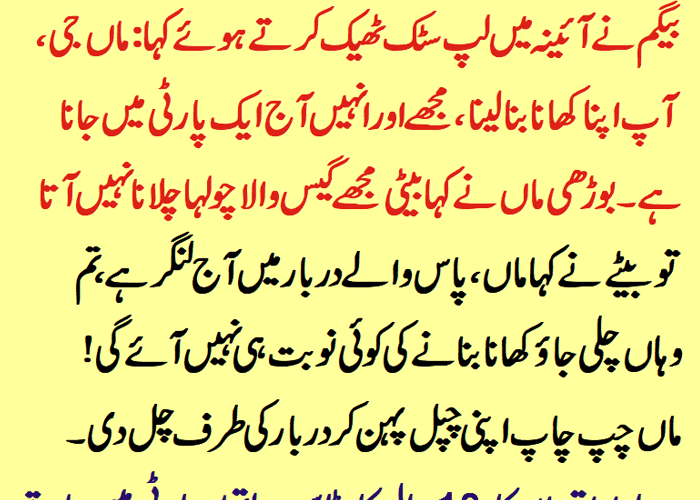
Marriage, a beautiful union built on love, commitment, and shared dreams, can sometimes encounter stormy seas. Challenges arise, communication falters, and resentment builds, leaving couples feeling lost and unsure of their future together. In such moments, a beacon of hope shines – marriage counseling.
While the thought of seeking professional help can be daunting, it’s a proactive and brave step towards saving your marriage. Think of a therapist as a skilled navigator, guiding you and your partner through the choppy waters of conflict and toward a calmer, more fulfilling relationship.






Benefits of Marriage Counseling:
Improved Communication: A therapist acts as a neutral third party, facilitating open and honest communication. They help couples express their feelings effectively, actively listen to each other, and identify and resolve underlying issues.
Conflict Resolution: Through various techniques, couples learn to identify destructive communication patterns and replace them with healthy ones. They develop conflict resolution skills, allowing them to navigate disagreements constructively and reach mutually agreeable solutions.
Rebuilding Trust: Infidelity, betrayal, or past hurts can leave deep scars on a marriage. Counseling provides a safe space for couples to address these wounds, rebuild trust, and ultimately forgive and move forward together.
Rekindling Int-ima-cy: The spark can fade over time, and int-ima-cy may take a backseat. Counseling helps couples rediscover their emotional and physical connection, reignite passion, and strengthen their bond.
Individual Growth: By understanding their needs and triggers, individuals gain self-awareness, leading to personal growth and a healthier relationship dynamic.
When to Seek Marriage Counseling:
Communication breakdowns: Constant arguments, silent treatment, or inability to express feelings effectively are signs of a communication breakdown.
Unresolved conflicts: Recurrent issues that remain unresolved and lead to resentment and frustration.
Loss of int-ima-cy: Feeling disconnected emotionally or physically from your partner.
Infidelity or major betrayal: Addressing the trust issues and healing from the aftermath of infidelity.
Considering separation or divorce: Before taking this drastic step, seeking professional guidance can clarify and explore potential solutions.
How to Get Started:
Find a qualified therapist: Research and choose a therapist experienced in couples counseling. Consider factors like their specialization, approach, and online or in-person availability.
Set realistic expectations: Remember, change takes time and effort. Be patient, open to learning, and committed to the process.
Be actively involved: Participate actively in sessions, be honest with your feelings, and implement the tools and strategies learned.
Open and honest communication: Discuss your concerns and expectations with your partner openly and honestly. Encourage them to participate in the process.
More Tips:
Prioritize quality time together: Schedule regular dates, engage in shared activities, and create new memories together.
Practice active listening: Pay attention to your partner’s feelings and perspective, without interrupting or judging.
Show appreciation and gratitude: Express your love and appreciation for your partner regularly.
Engage in intimacy: Prioritize physical and emotional intimacy to strengthen your bond.
Take care of yourself: Maintain your physical and mental well-being through exercise, relaxation techniques, and self-care activities.
Remember, seeking help is a sign of strength, not weakness. Marriage counseling is a valuable tool to navigate challenges, rebuild trust, and revitalize your relationship. By taking that first step and working together, you can chart a new course towards a happier and more fulfilling marriage.









